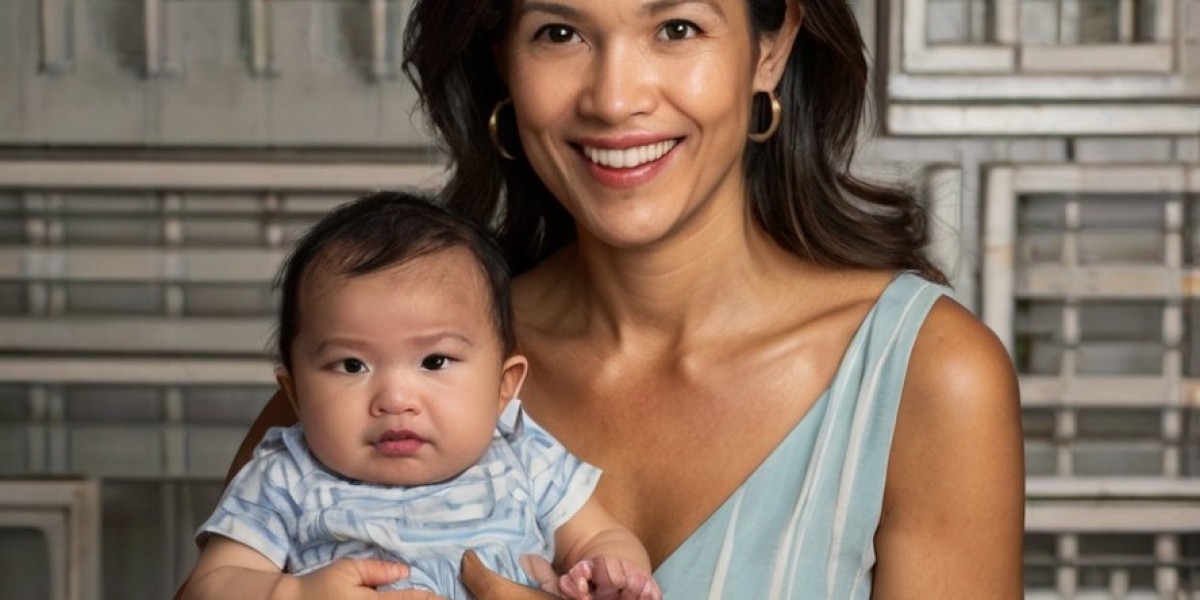Understanding Your Baby’s Needs
At the heart of effective baby care lies a deep understanding of an infant’s needs. From the moment they are born, babies require a combination of physical, emotional, and psychological support. The primary categories of these needs include:
- Nutrition: In the early months, a baby’s nutrition is essential for healthy growth and development. The two primary sources of nutrition are breast milk and formula. Breastfeeding is encouraged by health organizations due Teaching empathy to children its numerous benefits, including providing antibodies that protect against infections. For those unable to breastfeed, formula milk serves as a safe and adequate alternative. As babies grow, introducing solids, ideally around six months, becomes crucial, focusing on nutrient-rich foods.
- Sleep: Sleep patterns significantly impact a baby's growth and development. Newborns typically sleep between 14 to 17 hours a day but wake frequently for feeding. Establishing a consistent bedtime routine can aid in better sleep quality. Parents are advised to create a safe sleep environment, placing babies on their backs for sleeping to reduce the risk of Sudden Infant Death Syndrome (SIDS).
- Hygiene: Keeping a baby clean and comfortable is crucial. Regular diaper changes, gentle bathing, and skincare routines help maintain hygiene. Choosing the right products—hypoallergenic and free of harsh chemicals—is essential to preventing rashes and irritation.
- Emotional Connection: Babies are not just physical beings; they thrive on emotional support. Responding to a baby’s cries, engaging in eye contact, and spending quality time together fosters secure attachments and emotional health. Parents should also be mindful of their emotional well-being, as stress can affect their interactions with their baby.
Safety First: Creating a Baby-Friendly Home
Ensuring a safe environment is paramount in baby care. Accidents can happen in the blink of an eye, so parents must be proactive in childproofing their homes. This process includes:
- Securing Furniture: Heavy furniture should be anchored to walls to prevent tipping. Sharp corners of tables can be softened with corner guards.
- Outlet Covers: Electrical outlets should be covered, and cords should be kept out of reach to prevent electric shock.
- Toxin Safety: Keep cleaning products, medications, and any hazardous materials locked away and out of reach. Always refer to child safety guidelines when introducing new items or changes in the environment.
- Bath Time Caution: Never leave a baby unattended in water, even for a moment. Use non-slip mats and ensure that the water temperature is warm but not hot.
The Role of Pediatric Care
Regular check-ups with a pediatrician are fundamental in monitoring a baby’s development and health. A pediatrician can provide vaccinations, address concerns about growth, and offer guidance on feeding, sleep, and overall well-being. Parents are encouraged to bring up any questions during visits, as pediatricians are valuable resources for navigating the complexities of newborn care.
Development Milestones: What to Watch For
As babies grow, they achieve various developmental milestones that reflect their physical, cognitive, and emotional development. Parents should be aware of the following milestones:
- Physical Development: This includes rolling over, sitting up, crawling, and walking. Each baby develops at their own pace, but reaching these milestones typically occurs within certain age ranges.
- Cognitive Development: Babies begin to recognize faces and sounds and will start to engage in simple interaction games like peek-a-boo as their cognitive skills develop.
- Social and Emotional Development: As babies approach 6 months of age, they often show social smiles and respond to parents' faces and voices, indicating emotional connections.
Recognizing these developmental milestones not only helps in assessing if a baby is on track but also enhances the bonding experience through shared activities that stimulate growth.
Mental Health: Taking Care of the Caregiver
Caring for a newborn is a demanding role, and many parents can experience significant emotional and physical stress. It's crucial for caregivers to prioritize their mental health. Here are some strategies:
- Seek Support: Encouraging parents to reach out to family and friends can help alleviate feelings of isolation. Joining parenting groups—either in person or online—can offer camaraderie and shared experiences.
- Maintain Self-Care: Simple acts of self-care, like rest, light exercise, or indulging in hobbies, can recharge a caregiver's energy and improve their overall mood.
- Communicate Openly: Couples should communicate about their feelings, fears, and experiences in parenting to foster teamwork and understanding.
- Professional Help: If feelings of anxiety or depression become overwhelming, seeking help from a mental health professional is essential.
The Importance of Parenting Education
Before and after bringing a baby home, education plays a critical role in successful parenting. Many hospitals offer prenatal classes that can prepare expectant parents for childbirth and baby care. Postnatal classes and workshops are also available, focusing on various aspects of child-rearing.
Books, online courses, and reputable websites can provide invaluable resources covering a multitude of topics from sleep training to developmental activities. Keeping abreast of current research and best practices contributes to more informed decision-making for new parents.
Cultural Considerations in Baby Care
Cultural practices and beliefs heavily influence baby care. Different cultures have unique traditions related to child-rearing, feeding, sleep, and health that should be honored and respected. Engaging with diverse parenting styles can offer parents fresh perspectives and effective strategies for their unique situations.
It is vital that healthcare providers, educators, and parenting communities create an inclusive environment, acknowledging and integrating cultural practices while promoting safe and healthy routines.
Conclusion: Embracing the Journey of Baby Care
Baby care is a profound journey that encompasses a multitude of factors, including nutrition, safety, emotional connection, and physical development. As parents navigate through this exciting yet challenging phase, understanding the significance of their role is essential. They are not only nurturing the physical well-being of their baby, but also laying the foundation for emotional resilience, social skills, and healthy relationships.
While there will undoubtedly be bumps along the way, the rewards of baby care—such as witnessing the milestones of growth and the creation of lifelong bonds—are immeasurable. Embracing the beautiful chaos of parenthood, seeking community, prioritizing self-care, and remaining informed will empower parents in their quest to provide the best for their little ones.
As the world evolves, societal support for new parents must also continue to grow. By fostering an environment that values parenting education, mental health, and cultural appreciation, we can ensure that every family is equipped with the resources they need to thrive.
In this way, baby care becomes not just about raising children but about nurturing the future—one loving, knowledgeable caregiver at a time.







